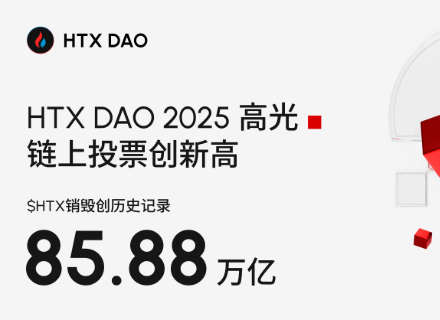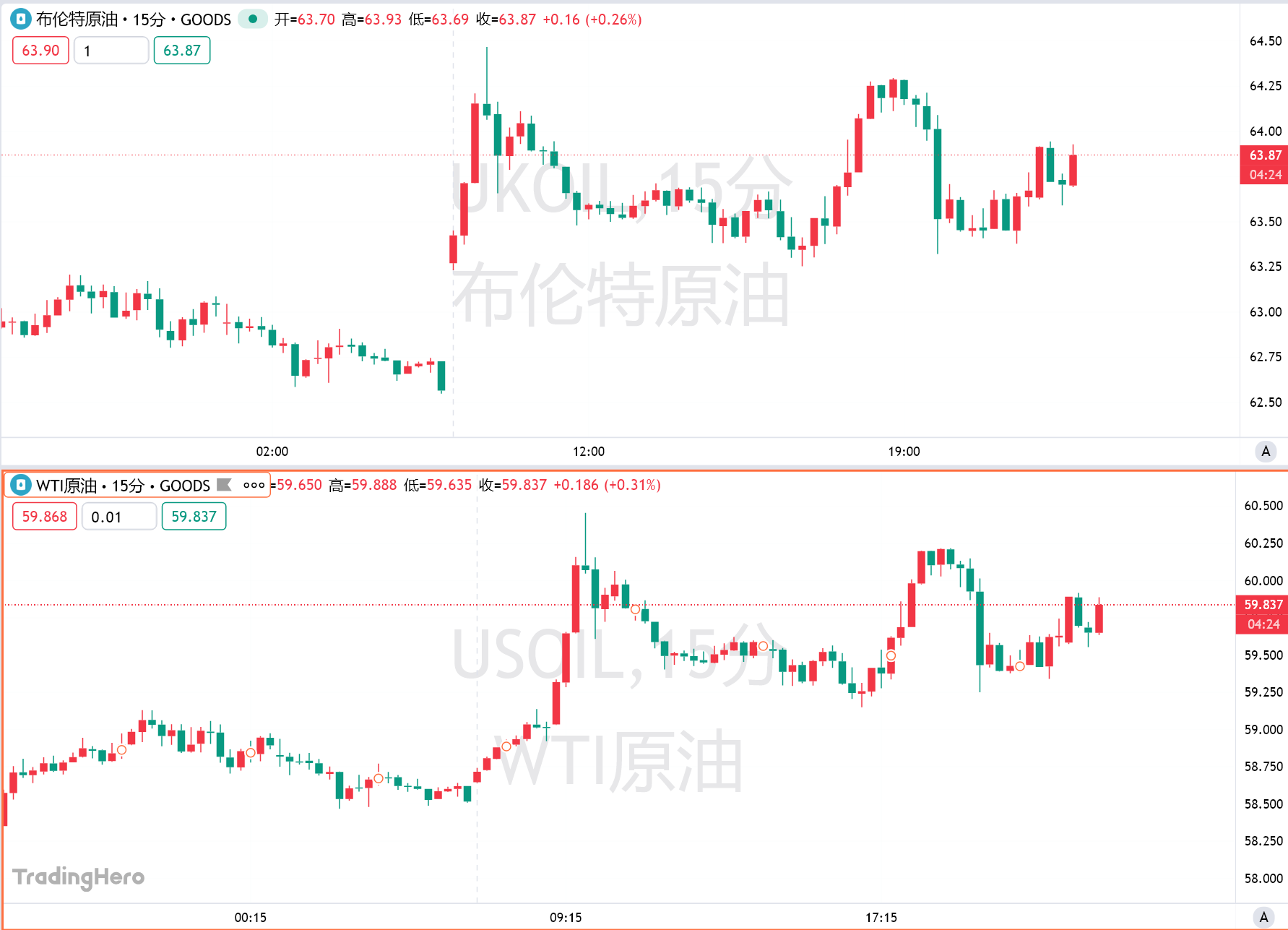Nigeria’s VAT Reforms and the Implications for Foreign Tech Firms and Local Tech Ecosystems
- Nigeria’s 2025 VAT reforms, effective Jan 2026, expand tax obligations to foreign digital firms like Netflix and AWS, requiring 7.5% VAT collection on B2C transactions. - Local tech firms gain input VAT recovery benefits and a competitive edge as non-resident providers face mandatory e-invoicing and fiscalization under Nigeria’s digital-first tax strategy. - Foreign investors must navigate stricter compliance (OECD-aligned destination principle) but benefit from incentives like a 5% EDI tax credit for te
Nigeria’s 2025 Value Added Tax (VAT) reforms, signed into law by President Bola Tinubu on June 26, 2025, represent a seismic shift in the country’s tax landscape. With implementation set for January 1, 2026, these reforms are not merely regulatory updates but a strategic recalibration of Nigeria’s digital economy. For foreign tech firms and local startups alike, the changes present a dual-edged opportunity: navigating compliance challenges while capitalizing on a more transparent and globally aligned tax framework.
Tax-Driven Market Realignment: A New Era for Local Tech Firms
The reforms expand VAT applicability to non-resident digital service providers, including giants like Netflix , Spotify , and AWS, requiring them to register with the Nigeria Revenue Service (NRS) and collect VAT at 7.5% on B2C transactions [1]. This move levels the playing field for local tech firms by ensuring foreign competitors operate under the same tax obligations. Simultaneously, local companies gain access to broader input VAT recovery rules, allowing them to reclaim VAT on services and capital expenditures, a critical boost for cash flow and operational efficiency [3].
The mandatory adoption of e-invoicing and fiscalization under the Merchant Buyer System further underscores Nigeria’s digital-first approach. While this demands robust infrastructure, it creates a niche market for local tech providers specializing in tax automation and real-time reporting solutions [2]. For instance, startups offering cloud-based compliance tools could thrive by addressing the needs of SMEs struggling to meet the new requirements.
Challenges and Strategic Entry Points for Global Investors
Foreign investors face a more rigorous compliance environment. Non-resident suppliers must now register for VAT and adhere to real-time reporting, aligning Nigeria with the OECD’s destination principle, which taxes services based on where they are consumed [2]. While this increases administrative burdens, it also reduces tax ambiguity, fostering investor confidence. The reforms introduce a minimum effective tax rate (ETR) of 15% for companies with turnover exceeding ₦50 billion, alongside controlled foreign company (CFC) rules to curb profit-shifting [1]. These measures ensure a fairer tax base but require foreign firms to reevaluate their cross-border strategies.
However, the reforms also offer incentives. The Economic Development Incentive (EDI) provides a 5% annual tax credit for five years on qualifying capital expenditures, targeting priority sectors like technology [1]. This creates a strategic entry point for global investors seeking to establish a foothold in Nigeria’s growing digital economy. Additionally, the exemption of small companies (annual turnover under ₦100 million) from corporate tax, CGT, and development levy [4] opens opportunities for partnerships with local SMEs, which are now more viable as tax-efficient partners.
The Path Forward: Balancing Compliance and Growth
For local tech ecosystems, the reforms are a catalyst for innovation. The expanded zero-rated list—covering essential digital services and educational materials—encourages startups to develop solutions in these high-demand areas [3]. Meanwhile, the phased implementation until January 2026 allows businesses to adapt, though smaller firms may struggle with the upfront costs of compliance systems.
Global investors, on the other hand, must prioritize agility. The alignment with international tax standards reduces long-term risks, but success hinges on leveraging incentives like the EDI and collaborating with local partners to navigate the new VAT landscape.
In conclusion, Nigeria’s VAT reforms are a tax-driven realignment that demands both caution and optimism. For local firms, the path to growth lies in embracing digital compliance and capitalizing on input VAT recovery. For foreign investors, the key is to align with Nigeria’s strategic priorities while leveraging the transparency and predictability of the new regime. The result? A market where innovation and investment can thrive, provided all players adapt swiftly.
Source:
[1] Navigating the Impact of Nigeria’s Tax Reform Acts 2025 on Foreign Investors
[2] Nigeria Introduces Stricter VAT Rules for Netflix, Spotify and AWS
[3] Nigeria's 2025 Tax Reform Acts Explained: Key…
[4] Nigeria Tax Act, 2025 has been signed – highlights
Disclaimer: The content of this article solely reflects the author's opinion and does not represent the platform in any capacity. This article is not intended to serve as a reference for making investment decisions.
You may also like
SOL drops to 5-month low despite Solana spot ETF success: Is $100 next?

Major Overhaul in US Crypto Regulation: CFTC May Fully Take Over the Spot Market
The US crypto regulatory framework is undergoing a redistribution of authority, with clear divisions of responsibility between the CFTC and SEC: the SEC focuses on securities, while the CFTC is responsible for the spot market of digital commodities. The advancement of new bills and the arrangement of hearings indicate that the regulatory boundaries have been formally clarified in official documents for the first time. Summary generated by Mars AI. This summary is generated by the Mars AI model, and the accuracy and completeness of its content are still being iteratively updated.

Oil price rebound alert! Russia's largest oil port attacked, 2% of global supply disrupted
A Ukrainian drone attack has caused the suspension of oil exports at Russia's Novorossiysk port, interrupting a daily supply of 2.2 million barrels. As a result, international oil prices surged by over 2%.

When traditional financial markets fail, will the crypto industry become a "pressure relief valve" for liquidity?
The twilight of financialization: when debt cycles can only create nominal growth.
